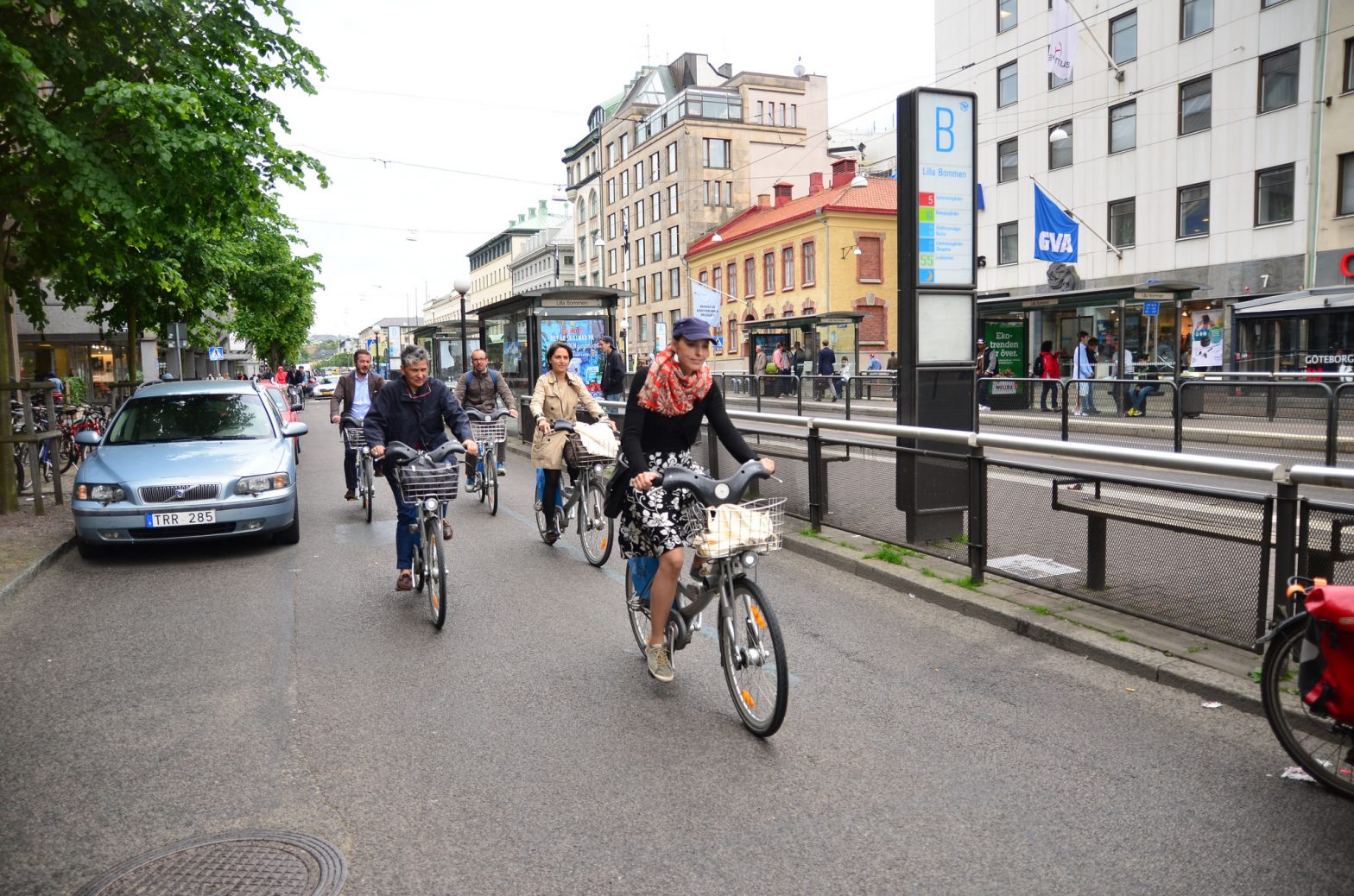
Photo: The-report-aims-to-encourage-further-research-in-order-to-draw-a-more-precise-picture-of-the-economic-benefits-of-cycling-in-the-future-ECF
Cycling creates €513 billion annually in Europe, says new report
13 December 2016
by Nick Michell
Every year, cycling in 28 EU Member States creates economic benefits of €513 billion, more than €1,000 per inhabitant, according to The European Cyclists’ Federation’s (ECF) new report, EU Cycling Economy.
“Development of safe infrastructure is very important to bringing more economic benefits,” Holger Haubold, co-author of the report, told Cities Today. “Important contributions have also been made by campaigns such as Bike2Work, including fiscal and financial incentives, as well as by a large growth in cycle tourism. Finally, e-cycling has played an important role in a growth of the bike market, notably in countries such as Germany, The Netherlands and Belgium, opening up cycling to groups that didn’t cycle before.”
The report is ECF’s second calculation of the internal and external benefits of cycling linked to the current level of cycling in the EU-28. It is an extended and updated version of the first report published in 2013. The calculations have been updated with the latest available figures; in some cases, the methodologies for calculating the benefits have been refined taking into account the feedback received; and more benefits have been added in a systematic way.
“For future economic benefits, first of all, we need the implementation of the EU Cycling Strategy, which would coordinate all EU actions on cycling in different policy areas,” added Haubold. “More funding should be attributed for cycling as it is a very cost-efficient transport mode, while further fiscal incentives to encourage cycling to work would also help. E-cycling needs to be included in electro-mobility strategies, and funding should also be provided to support the use of e-bikes. Finally, promotion of cycle tourism and creation of good touristic cycling infrastructure are essential as the demand is increasing at a fast pace.”
The report demonstrates that the benefits of cycling occur not only in specific, isolated fields like transport or environmental policy, but also in many other areas, like industrial policy, employment, health and social policy. Benefits of cycling even extend to such societal areas as integration of refugees, access to mobility, and employability.
“Health benefits have the largest share in our calculation, with great potential to help people live longer and have healthier lives, which is a way for the states to save money for public health systems,” said Haubold. “Furthermore, looking at the benefits of cycling in an integrated way will also help to shape an integrated policy with stakeholders from all relevant areas.”







